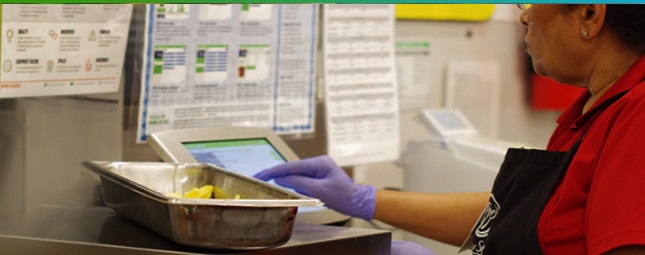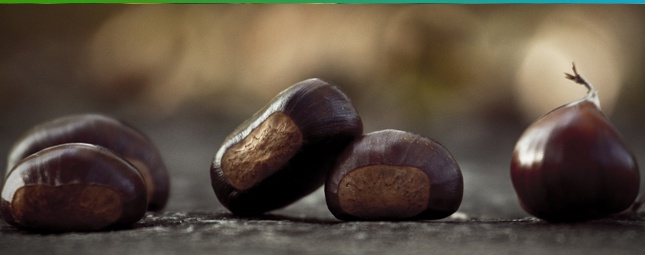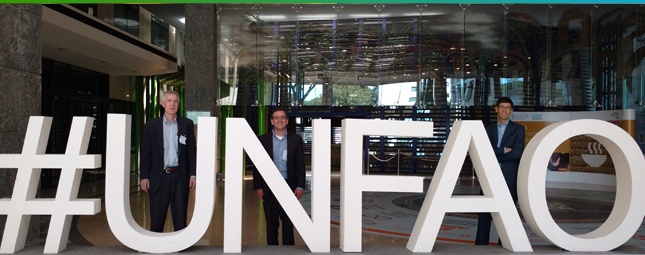Food waste reduction starts with prevention—preventing the food waste from happening in the first place is the clear optimal solution from a social, environmental and economic standpoint. And the first step in prevention is measurement—understanding exactly how much food is being wasted and why, so you know where you’re starting from, can identify opportunities for improvement, and can easily track progress over time.
In the ReFED Report, A Roadmap to Reduce U.S. Food Waste By 20 Percent, waste tracking and analytics is listed as one of the most effective solutions for food waste prevention by waste diversion potential. For foodservice institutions and restaurants, there is a very compelling reason to act, as we know that “what gets measured, gets managed.” And automated platforms, such as LeanPath, make it easy to track waste, collect detailed data and photos, and take action on your biggest opportunities for prevention.
Food waste prevention efforts have a proven and strong ROI—as much as 10x or more—over a relatively short period of 6-12 months. However, a common challenge many organizations face is how to fund the effort to start, since an upfront investment of time and resources is required to achieve the positive bottom-line impact.
Here we offer 5 tips to spark some creative thinking for your upfront program investment.
For organizations of all sizes:






